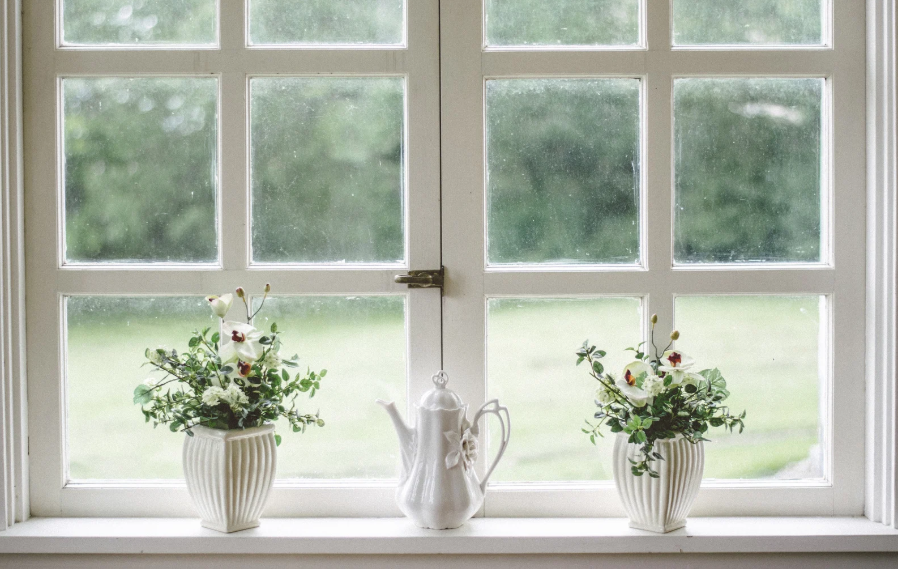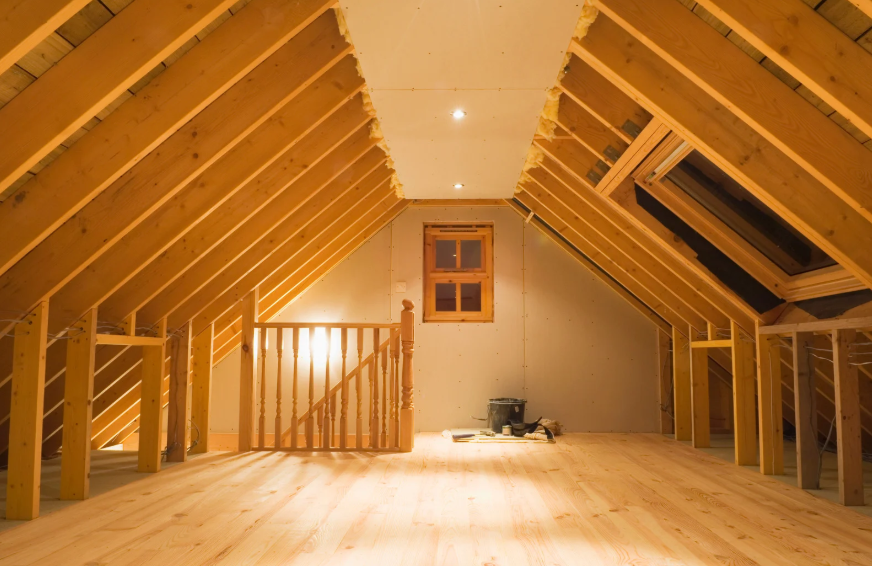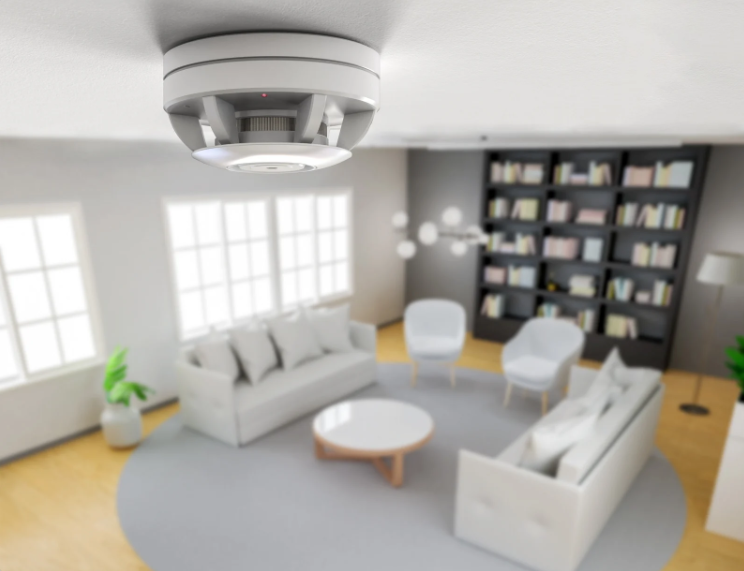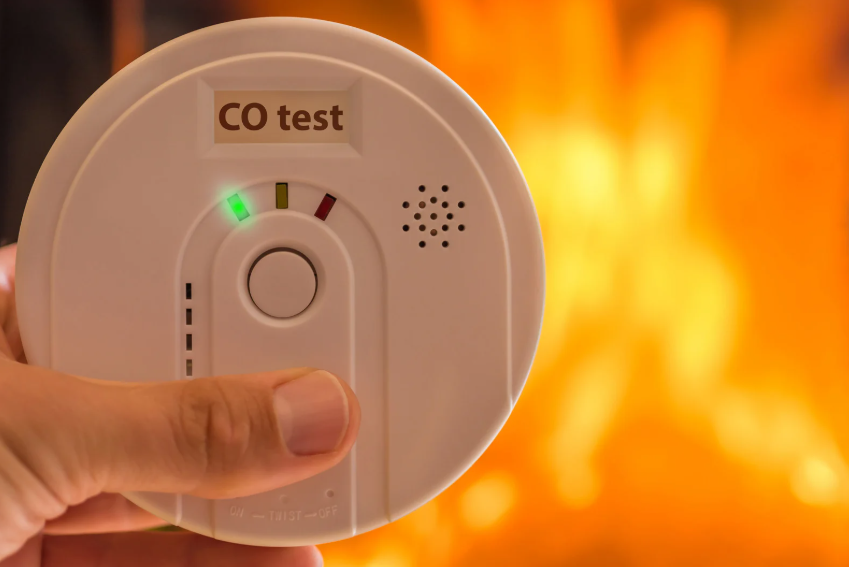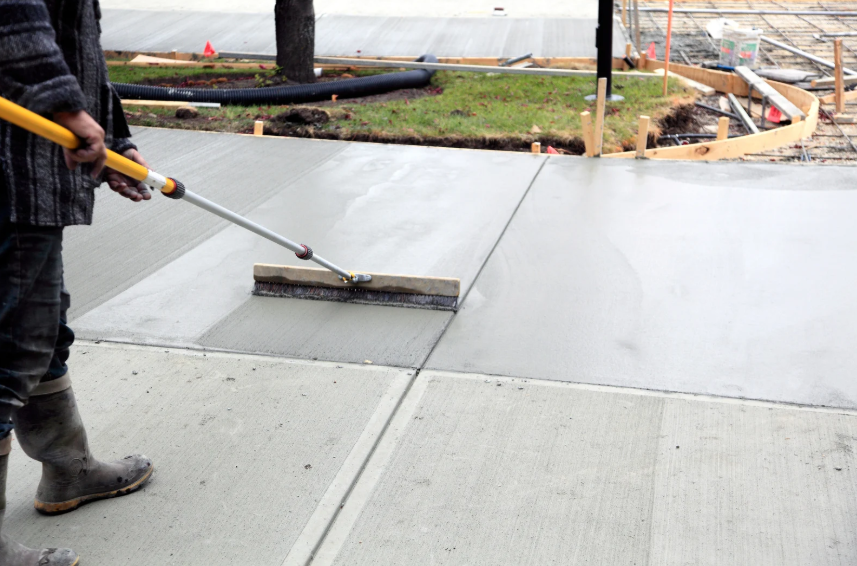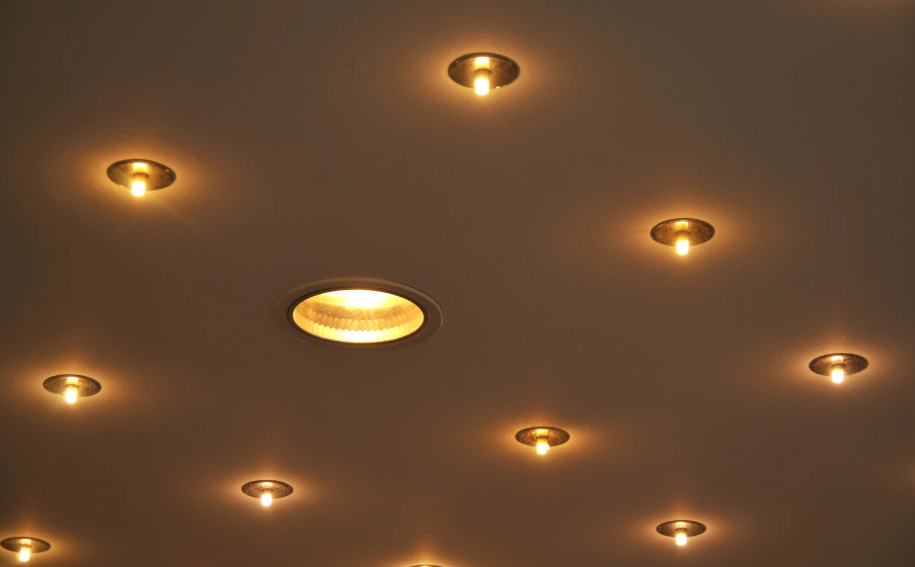Top Electrical Safety Tips for Homeowners
- By Faseeh Blackloup
- •
- 31 Oct, 2024
- •
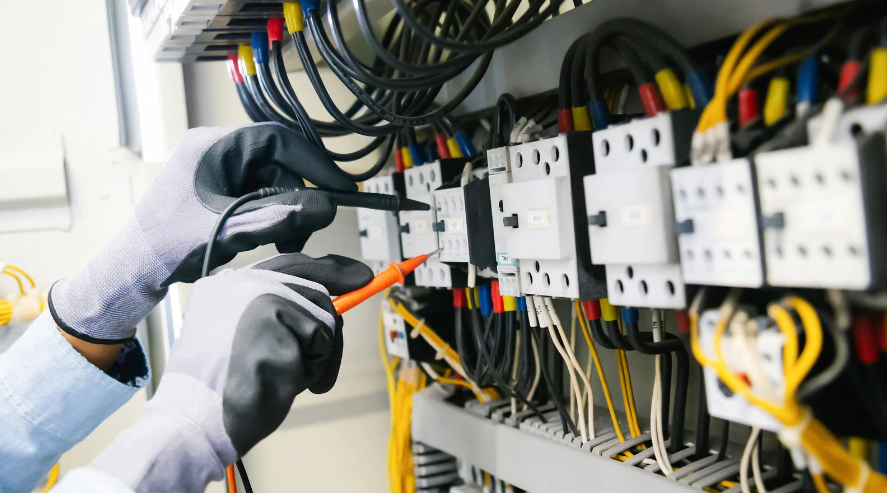
Electricity powers nearly every facet of our daily lives, yet it can pose serious risks if not handled carefully. Proper electrical safety practices are essential for every homeowner to prevent hazards such as fires, electric shocks, and costly damages. With a few proactive steps and an understanding of best practices, you can ensure a safe and efficient electrical system in your home. Here are the Top Electrical Safety Tips every homeowner should know, brought to you by Jeff's Home Improvement.
1. Understand the Basics of Your Home's Electrical System
Why Familiarity Matters
Knowing the basic layout of your home's electrical system—including circuit breakers, wiring, and outlets—will help you identify potential issues more effectively. Familiarity with the system can aid in quickly locating the main circuit breaker to cut off power in an emergency. This can be crucial if there's an unexpected surge or hazard in your home.
Key Components to Recognize
Circuit Breaker Panel: The heart of your home's electrical system, controlling the flow of electricity to various circuits.
Outlets: Understand which outlets are on which circuits, especially in high-use areas like kitchens and bathrooms.
Ground-Fault Circuit Interrupters (GFCIs): Located in areas with high moisture levels, like kitchens and bathrooms, GFCIs prevent electric shock by cutting off power when an imbalance is detected.
Knowing these basic components can keep your home safe and well-functioning. When in doubt, rely on Jeff's Home Improvement for professional home electrical services to assist with more detailed inspections and upgrades.
2. Never Overload Circuits
The Dangers of Overloading
Plugging too many appliances into one outlet or circuit can lead to overheating and potentially cause fires. Overloading is common in modern homes where appliances, gadgets, and chargers are everywhere.
Best Practices
Spread Out Appliances: Avoid plugging multiple high-energy devices (like microwaves and refrigerators) into the same circuit.
Use Surge Protectors: Surge protectors can help manage electrical loads by distributing the electricity safely and preventing surges from damaging electronics.
Unplug When Not in Use: Even idle devices draw power and can strain circuits, so unplugging unused appliances is a simple yet effective safety measure.
3. Be Mindful of Electrical Hazards in Wet Areas
Water and Electricity Don't Mix
Bathrooms, kitchens, and outdoor areas are high-risk zones due to water and electricity. Always exercise caution when handling electrical appliances near these areas.
Safety Tips for Wet Areas
Install GFCI Outlets: GFCI outlets automatically shut off power when they detect moisture or an imbalance, making them crucial in wet areas.
Avoid Using Extension Cords Outdoors: Use weatherproof outlets designed for outdoor use rather than relying on indoor extension cords that are not water-resistant.
Keep Cords and Appliances Dry: Always dry your hands before plugging or unplugging an appliance, and keep electrical items away from sinks, tubs, and pools.
4. Regularly Inspect Electrical Cords and Devices
Why Routine Inspections Are Important
Damaged cords, frayed wires, or old appliances can create sparks, shocks, or fires. Periodically inspecting and maintaining these items can help you avoid these issues and ensure the safety of your electrical system.
Inspection Tips
Replace Frayed or Cracked Cords: Damaged cords are prone to sparking, overheating, and causing electric shocks. If you notice any wear and tear, replace them immediately.
Don't Run Cords Under Rugs or Doors: Cords placed under rugs can overheat, and those squeezed under doors may become damaged or frayed over time.
Check for Recalls: Some electrical devices and appliances are recalled for safety issues. Check the Consumer Product Safety Commission's website for any updates on recalls for appliances you may own.
5. Use Extension Cords and Power Strips Sparingly
The Risks of Overuse
While extension cords and power strips are convenient, they are not substitutes for proper outlets. They are meant for temporary use and should not be a permanent solution, as they can lead to overheating or circuit overload.
Guidelines for Safe Use
Limit Appliance Connections: Only connect low-power devices (such as lamps or chargers) to extension cords, and avoid plugging in high-wattage appliances.
Choose the Right Extension Cord: Use heavy-duty extension cords when necessary, and make sure they're rated for the type of device you're connecting.
Avoid Daisy-Chaining Power Strips: Connecting multiple power strips is a common mistake that increases fire risk and electrical overload.
6. Prioritize Childproofing Your Electrical Outlets
Safety First for Young Families
Children are naturally curious, often pursuing outlets and electrical devices. Consider childproofing your home to protect young family members from electric shocks.
Tips for Childproofing
Install Tamper-Resistant Receptacles (TRRs): These outlets have built-in shutters to prevent objects from being inserted.
Use Outlet Covers: Simple plastic covers can prevent children from tampering with outlets.
Keep Appliances Out of Reach: Place devices like hairdryers and toasters well out of children's reach, especially in bathrooms and kitchens.
7. Schedule Routine Electrical Inspections
The Value of Professional Check-Ups
Annual inspections by a qualified electrician are essential for maintaining a safe and efficient home. Electrical systems can wear out over time, and regular maintenance can prevent minor issues from becoming major problems.
Benefits of Professional Inspections
Identify Hidden Issues: Professionals can detect outdated wiring, malfunctioning breakers, or improper grounding.
Keep Up with Code Requirements: Building codes change frequently. Inspections ensure your home stays compliant with the latest standards.
Peace of Mind: Knowing that your home's electrical system is in good health reduces worries about potential hazards. Jeff's Home Improvement offers thorough inspections to keep your home safe and up-to-date.
8. Understand the Importance of Proper Lighting
Lighting for Safety
Proper lighting is essential, especially in high-traffic areas like hallways, stairs, and bathrooms. Dim or inadequate lighting increases the risk of accidents and makes it harder to spot hazards.
Safety Tips for Lighting
Use Bulbs with Correct Wattage: Check fixtures to ensure you use the proper wattage to avoid overheating and potential electrical issues.
Install Motion Sensors: Motion-activated lighting is convenient and ensures well-lit pathways, enhancing safety.
Upgrade to LED: LED lights are energy-efficient and don't generate as much heat, making them safer for home lighting.
9. Avoid DIY Electrical Repairs
Leave Electrical Work to the Professionals
While DIY projects are a popular way to save money, electrical work requires specialized knowledge and skills. Attempting to fix wiring or install new outlets without the necessary expertise can lead to accidents or further damage.
Risks of DIY Electrical Work
Risk of Electric Shock: Improper handling of wiring or circuits can result in severe injury or even death.
Fire Hazards: Faulty installations or repairs can lead to electrical fires.
Potential Code Violations: DIY repairs may not meet the code, which can affect your home's insurance and resale value.
Regarding electrical repairs, rely on professional home electrical services for safe and compliant solutions. Jeff's Home Improvement offers expert electrical services to keep your home secure.
10. Have an Emergency Plan
Preparing for Electrical Emergencies
Knowing what to do during an electrical emergency can protect you and your family from harm. Power surges, electrical fires, and unexpected outages require quick action.
Basic Emergency Tips
Turn Off Power: If it's safe to do so, immediately shut off the main power supply in the event of a spark or small fire.
Use a Fire Extinguisher: Never use water on an electrical fire; instead, use a fire extinguisher rated for electrical fires.
Call for Help: If there is a significant problem, evacuate and call emergency services immediately.
Conclusion
Electrical safety is critical to protecting your home and loved ones. By following these Top Electrical Safety Tips and taking preventive steps, you can enjoy a safer, more efficient home. Whether you need expert guidance, regular maintenance, or repairs, Jeff's Home Improvement offers professional home electrical services to meet your needs. Prioritize safety today, and keep your home powered safely and effectively for years.







